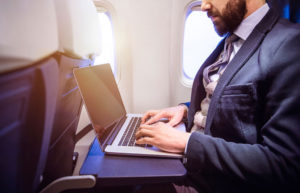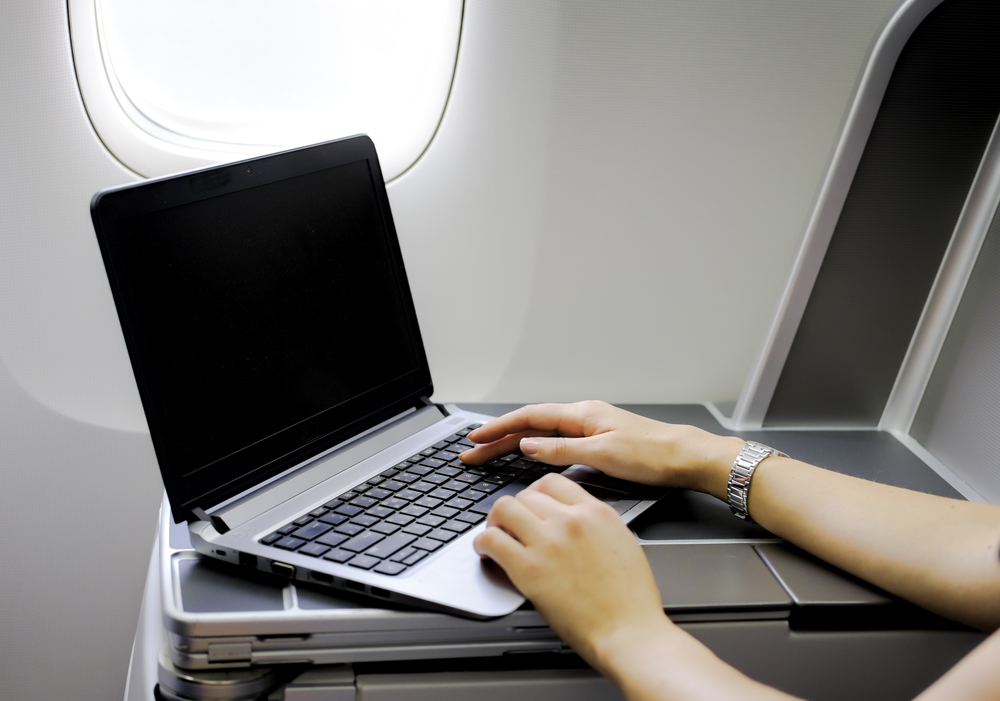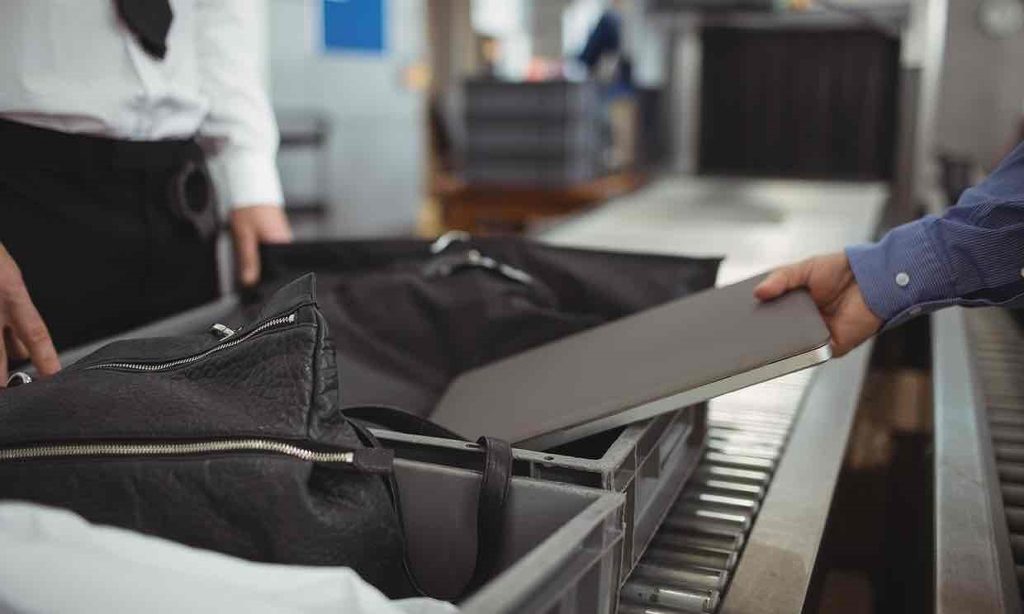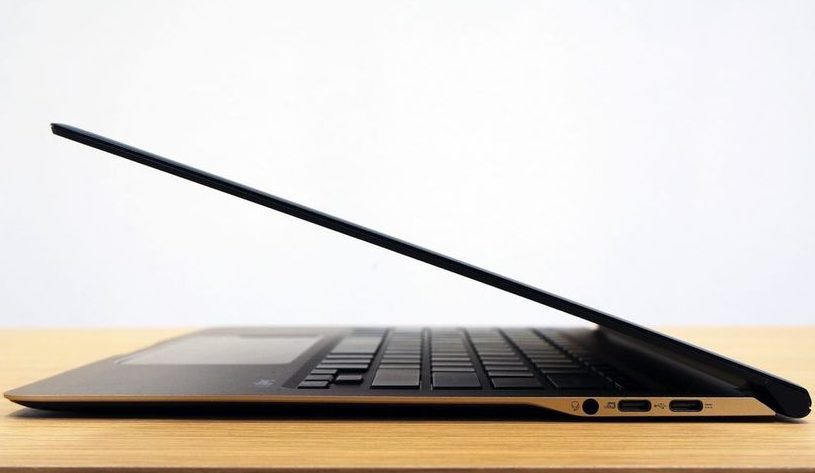Is a laptop considered carry-on luggage on an airplane?
Everyone knows about the requirements for baggage and hand luggage when checking in for an airplane flight. To do this, you have to stand in line and go through several security lines in order to calmly proceed to boarding. The check is a long process, but safety during the flight is much more important, so it is worth taking the time.

To ensure that the process of passing through inspection points and registering personal belongings does not make it difficult for you, it is worth reading the instructions, which indicate the rules and requirements for transported items. This will significantly save time and allow you to take the necessary permitted items into the salon. In our article we will look at the issue of transporting a laptop. People have many questions on this topic, which is primarily due to frequent changes in conditions.
The content of the article
Laptop - carry-on or checked baggage
In almost all airlines, according to established rules, laptops and other technical equipment are considered carry-on luggage - that is, they can be taken into the cabin. But in British and American companies this is prohibited due to the possibility of committing terrorist acts (especially for passengers from countries where Islam is practiced).
There are a number of reasons why you should not put equipment in the luggage compartment, including the following:
- in many cases, careless attitude of workers towards passengers’ luggage is recorded, which can lead to breakdown or failure of the device;
- In some cases, the administration is not responsible for lost items during transportation, so you will not receive compensation for the loss of items;
- Particularly dangerous are Li-Ion batteries, which can easily heat up and ignite in the luggage compartment, which can pose a threat to the entire flight.
Based on this, companies make it a rule to take equipment into the salon in order to protect the people around them, and also not to worry about the possibility of losing or stealing an expensive item.
Attention! The items described in the requirements undergo annual changes and amendments. They affect the operating parameters and technical characteristics of the equipment, while the general principle remains the same. However, it is worth reviewing the requirements before planning a flight.
Packaging and inspection procedures
Since you will have to take your laptop into the cabin, airlines have special requirements for its packaging. You need to know them, so pay attention to the following points:
- The technical device must be transported in a special bag or case that is suitable in size for this model.
- The bag should not have sharp objects or parts, hooks, locks, or chains.
- If you are carrying a laptop in an appropriate case, it will have to be laid out at the security check line and placed in a special compartment or basket.
- When using a special computer bag, it will be enough to open it and not take out all the components; show everything open to the inspection staff. This option is only possible if all elements are correctly positioned inside the bag.

Attention! More detailed rules and requirements can be obtained from the company employees in advance before the planned flight.
Rules for using a laptop on an airplane
If you managed to bring a technical device into the salon, you should remember the special rules for its use. During the flight, you want to reduce the time and spend it interestingly, but there are a number of requirements and prohibitions, which include the following:
- Do not place equipment on luggage racks as this may cause it to fall, break or cause injury.
- The device should not be used during take-off, landing, climb, descent or maneuvering of the aircraft. The outgoing signal may cause interference with aircraft equipment.
- There is also a certain requirement for the battery charge - it should not be more than 30%.
If the relevant requirements are violated, airline employees have the right to demand that all electronic devices be turned off until boarding is complete. If a person refuses to comply with the requirements, a fine may be imposed on him. The exception is devices that ensure the vital functions of the body - they are not prohibited from being turned off.





